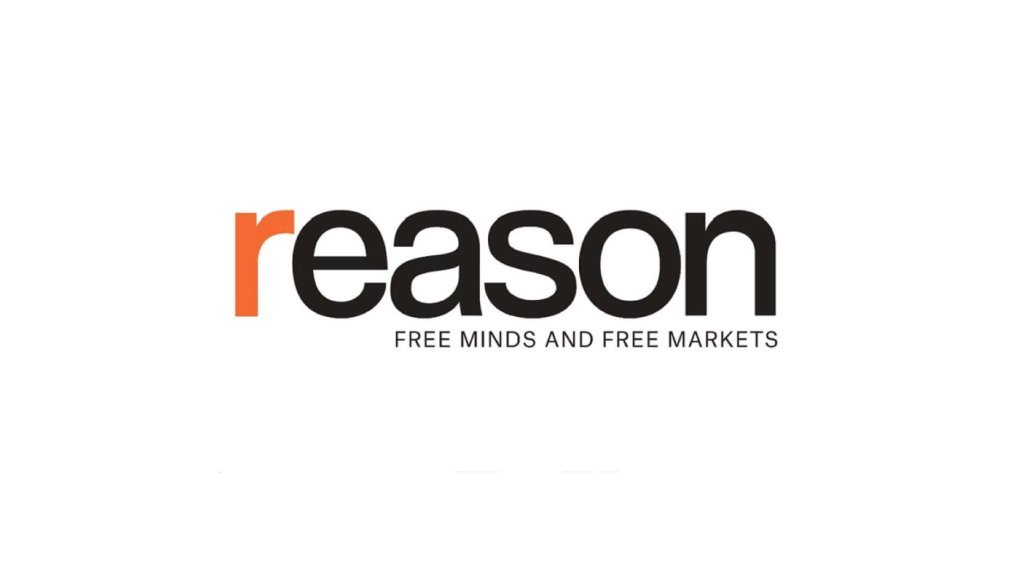Trump’s Antitrust Enforcer Says ‘Big Is Bad’
The anti–free market views of the Trump administration’s antitrust enforcers are coming into full view, and it’s boding poorly for the American economy. Abigail Slater, assistant attorney general for the Department of Justice’s Antitrust Division, recently delivered her “America First Antitrust” speech, which outlined a populist agenda that punishes firms for being large. Days later, Mark Meador, commissioner of the Federal Trade Commission, published his “Antitrust Policy for the Conservative” essay, which evinces prejudice against big companies.
“Big is bad,” says Meador, who calls on conservatives to “reaffirm that concentrated economic power is just as dangerous as concentrated political power.” Meador does not explain how market power is morally analogous to political power and the use of coercion but challenges conservatives to oppose bigness in private business the way they do in government. But there’s good reason to be against one and not the other.
Increasing the size and scope of government entails a commensurate reduction of the private sphere and personal liberty; Microsoft, Walmart, and Häagen-Dazs increasing their market shares does not. Meador disagrees, describing antitrust law as the means to prevent “anarchistic private tyranny” and encourages conservatives to “reject a laissez-faire or libertarian approach to antitrust law.”
Meador associates the libertarian approach principally with legal scholar Robert Bork’s consumer welfare standard, which holds that the Sherman Antitrust Act (1890), the oldest antitrust statute enforced by the DOJ and FTC, was intended to and should promote economic efficiency. Meador rejects Bork’s understanding of consumer welfare as economic efficiency, narrowly redefining it as “trading partner surplus.” Replacing a holistic conception of consumer welfare with Meador’s myopic one will prevent even economically efficient mergers and acquisitions from taking place, retarding innovation and productivity—a cost that Meador is willing for consumers to pay.
Meador says that a conservative approach to antitrust law should be “more concerned with avoidi
Article from Reason.com

The Reason Magazine website is a go-to destination for libertarians seeking cogent analysis, investigative reporting, and thought-provoking commentary. Championing the principles of individual freedom, limited government, and free markets, the site offers a diverse range of articles, videos, and podcasts that challenge conventional wisdom and advocate for libertarian solutions. Whether you’re interested in politics, culture, or technology, Reason provides a unique lens that prioritizes liberty and rational discourse. It’s an essential resource for those who value critical thinking and nuanced debate in the pursuit of a freer society.



